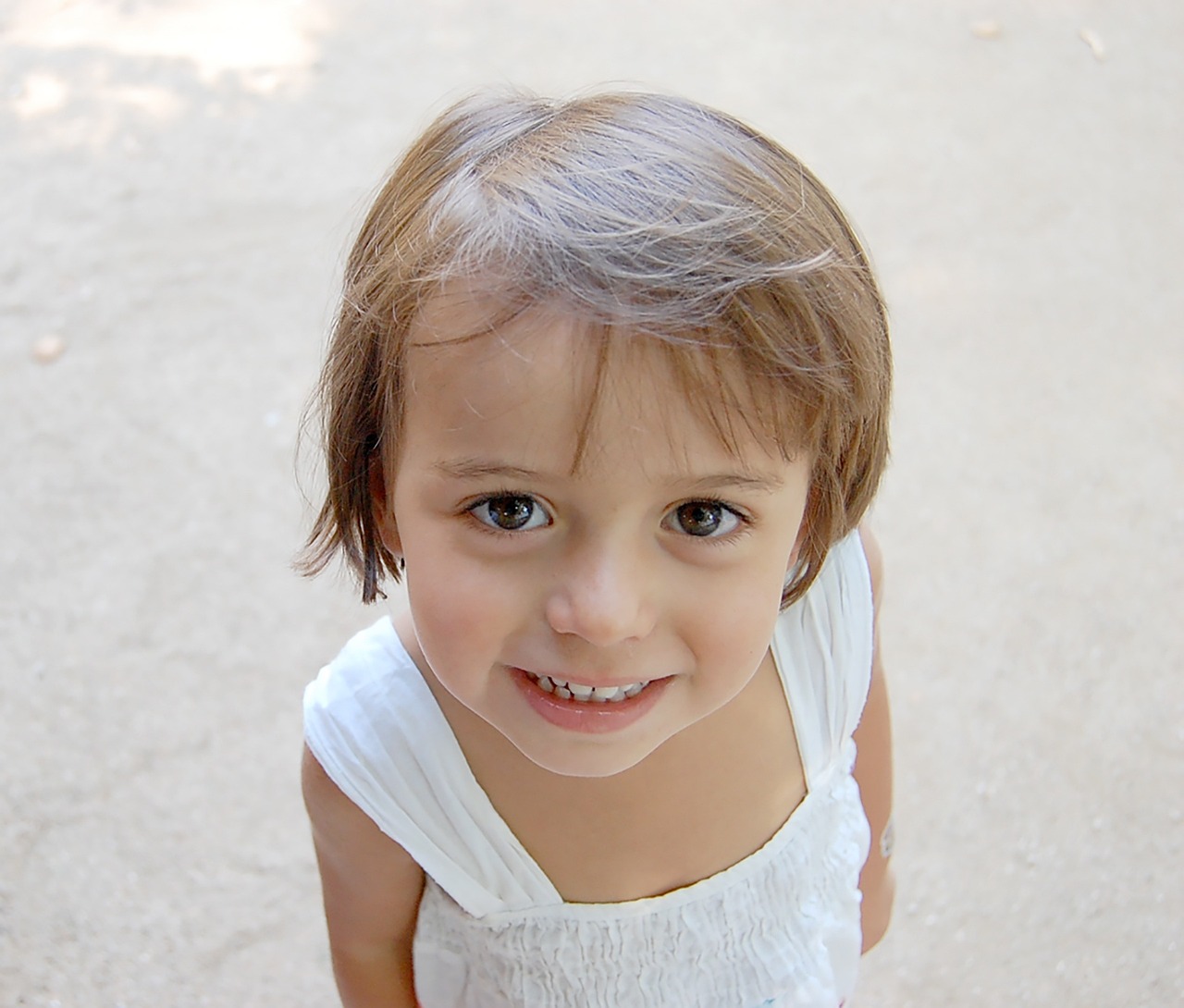Teething Causes Fevers in Babies – Is Fever a Normal Teething Symptom?
Contents
Does teething cause fever in babies? Learn why fevers are usually unrelated to teething, what symptoms to expect, and when to see a doctor.
Read DISCLAIMER
The information provided in this blog is for educational and informational purposes only and should not be considered medical advice. While we strive to offer accurate and up-to-date content, this blog does not replace professional medical consultation, diagnosis, or treatment. Always seek the advice of your physician or a qualified healthcare provider regarding any medical condition or treatment. Never disregard professional medical advice or delay seeking it based on information from this blog. If you are experiencing a medical emergency, please contact emergency services immediately.
Introduction
Many parents believe that teething causes fever, fussiness, and other symptoms in babies. While teething can make babies irritable, scientific research does not support the idea that teething directly causes fever. Mild temperature increases may occur due to gum inflammation, but a true fever (above 100.4°F or 38°C) is likely due to an infection, not teething. So, is it normal for babies to run a fever when teething? Let’s explore the truth behind this common parenting myth.
Does Teething Really Cause Fevers?
- What Happens During Teething?
✔ Teething begins around 4-7 months and continues until about age 3.
✔ Common teething symptoms include drooling, gum swelling, irritability, and chewing on objects.
✔ Babies may have a slightly elevated temperature (low-grade fever), but not a high fever.
🔎 Key Insight: Teething can cause mild discomfort but does not lead to a significant fever.
- Why Do Babies Get Fevers While Teething?
✔ Coincidental Timing: Babies start teething around the same age they become more exposed to germs and infections.
✔ Increased Hand-to-Mouth Contact: Babies chew on toys and fingers, introducing bacteria that can cause illness.
✔ Weakened Immunity: Around 6 months, maternal antibodies decrease, making babies more vulnerable to infections.
🔎 Key Insight: If your baby has a fever above 100.4°F (38°C), it’s likely due to an infection, not teething.
- Teething Symptoms vs. Signs of Illness
| Teething Symptoms | Signs of Illness (Not from Teething) |
| Increased drooling | High fever (above 100.4°F) |
| Mild gum irritation | Severe diarrhea or vomiting |
| Chewing on objects | Rash or difficulty breathing |
| Mild irritability | Lethargy or refusal to eat |
| Low-grade temperature (below 100.4°F) | Persistent cough or runny nose |
🔎 Key Insight: If your baby has symptoms beyond mild fussiness and gum pain, consult a pediatrician.
Conclusion
While teething can cause mild discomfort, increased drooling, and slight temperature increases, it does not cause high fever (above 100.4°F). Fever during teething is often due to an unrelated illness, such as a viral or bacterial infection. If your baby has a high fever, diarrhea, vomiting, or unusual symptoms, seek medical advice. Teething discomfort can be managed with safe remedies like teething rings, cold washcloths, and gentle gum massages.
FAQs About Teething and Fevers
- Can teething cause a fever in babies?
Teething may cause a slight temperature rise, but a true fever (100.4°F or higher) is usually due to an infection.
- What temperature is considered a fever in a teething baby?
A fever is 100.4°F (38°C) or higher. Teething may cause a mild increase but not a true fever.
- Why do some babies get fevers when teething?
Babies put objects in their mouths while teething, increasing exposure to germs, which can lead to infections.
- How long does teething discomfort last?
Each tooth may cause discomfort for a few days to a week before erupting.
- What are normal teething symptoms?
Drooling, swollen gums, irritability, chewing on objects, and mild sleep disturbances.
- What are signs my baby’s fever is not from teething?
A high fever, diarrhea, vomiting, cough, rash, or lethargy likely indicates an illness, not teething.
- How can I relieve teething pain in my baby?
Use cold teething rings, chilled washcloths, gentle gum massages, and safe pain relief if needed.
- Can teething cause diarrhea?
Teething itself does not cause diarrhea, but increased saliva swallowing may lead to looser stools.
- When should I worry about my baby’s fever?
If the fever is above 100.4°F, lasts more than 2 days, or is accompanied by other symptoms, call a doctor.
- Does teething cause ear infections?
No, but teething discomfort may make babies tug at their ears, which can be confused with an infection.
- Should I give my baby medicine for teething?
If your baby is very uncomfortable, ask your pediatrician about acetaminophen or ibuprofen. Avoid numbing gels with benzocaine.
- Can teething cause a runny nose?
Mild nasal congestion may occur, but a persistent runny nose is more likely due to a cold or allergy.
- What’s the best teething remedy?
Cold washcloths, teething rings, and gum massages are safe and effective for most babies.
- When do babies stop teething?
Most children finish teething by age 3, when their last molars come in.
- How do I know if my baby’s fever is serious?
If your baby is lethargic, refusing to eat, has difficulty breathing, or has a fever over 102°F, seek medical help.
